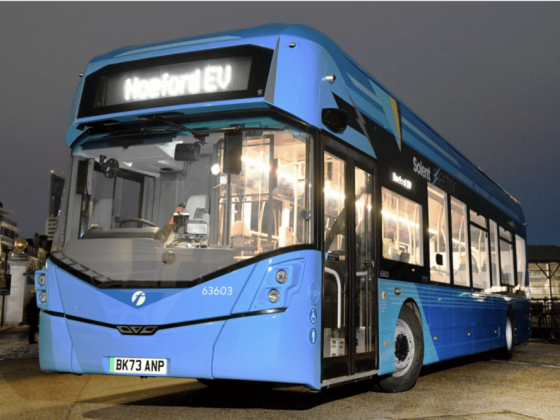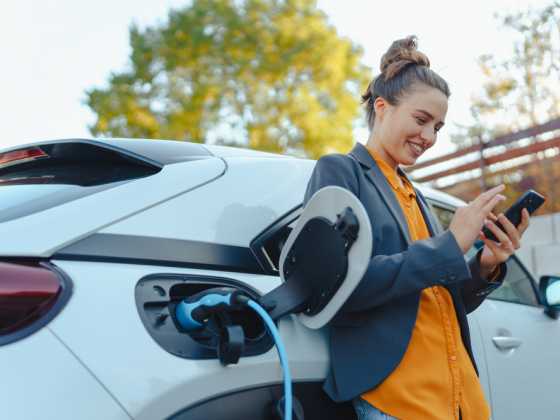Nighttime EV charging increases emissions, report claims
Research from Carnegie Mellon University (CMU) has found that while charging electric vehicles (EV) during the night is more cost-effective, it produces increased air emissions.
Charging EVs at night when demand is low and electricity is cheapest to generate is preferred by grid operators. However, according to CMU’s study, nighttime charging produces a significantly higher proportion of greenhouse gas emissions and air pollution compared to other times of the day.
The study advised that coal-fired power plants often operate below full capacity at night, so are available to be dispatched in response to new nighttime load, such as EV charging. The research outlines that these coal-fired power plants produce sulfur dioxide, which is one of the major costs to human health resulting from EV charging.
Jeremy Michalek, professor of engineering and public policy and mechanical engineering and author of the report, said: “We looked at how power plant operations would change in response to electric vehicle charging load, and we modelled emissions from those plants and their downwind air pollution consequences for human health and the environment.
“We found that charging late at night reduces power generation costs by a quarter to a third, largely by shifting to cheaper coal-fired power plants. But the extra emissions released as a result can cause 50 percent higher costs to human health and the environment.”



